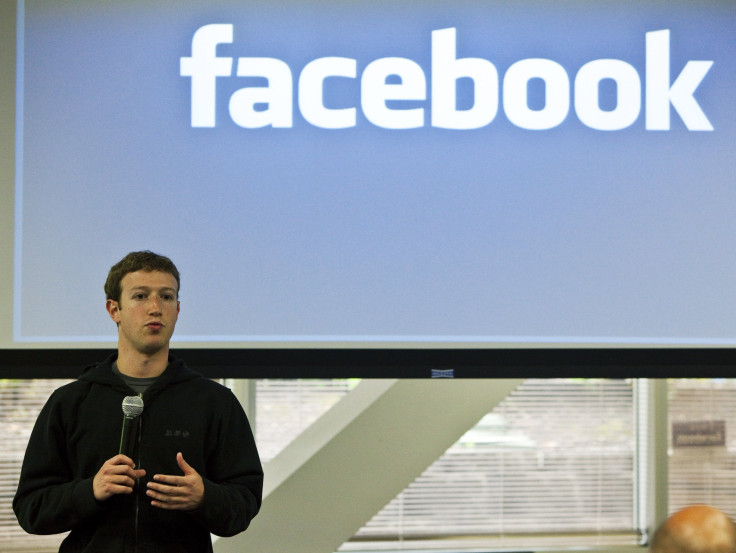Facebook Data Breach Perpetrated By Spammers, Not Foreign State

Facebook still has much to do before it can fully resolve its data privacy concerns and win back public trust, but the social media firm has reportedly come to an important conclusion regarding one of its current scandals. An internal Facebook investigation found that September’s massive data breach was conducted not by a malicious foreign entity, but by spammers looking to make money, the Wall Street Journal reported.
The possibility that hackers working on behalf of a foreign government carried out the attack had to be considered after Russia’s possible involvement in the 2016 presidential election. Facebook itself has admitted that some ads run on the site between 2015 and 2017 were likely Russian in origin.
However, according to the Journal’s sources, that was not the case in September’s hack. Facebook’s investigation reportedly concluded that it was perpetrated by malefactors who pretend to be advertisers in order to scam Facebook and Instagram users out of their money. Facebook’s security team had previously known about the group, according to the Journal.
Facebook has not made an official announcement on the matter and did not immediately respond to a request for comment by International Business Times.
The Menlo Park, California-based social network discovered the data breach in September and claimed it had been fixed by the time it publicly reported the matter at the end of that month. At first, Facebook said it may have affected as many as 50 million people, but the company lowered that number to around 30 million after additional investigating.
Hackers were able to gain access to Facebook accounts and steal personal information such as names, genders, phone numbers and more. If Facebook’s conclusion is correct, those responsible may use that information for targeted phishing schemes to try and make money. Facebook has since released an online tool that tells users if their accounts were affected by the hack and what information may have been stolen.
Facebook has had a somewhat tumultuous week. A lawsuit alleged that Facebook knew about, and covered up, the fact that video advertising metrics were inflated, causing ad agencies and media organizations to make business decisions based on faulty data. On Wednesday, a group of shareholders signed a proposal to get founder and CEO Mark Zuckerberg off the company’s board of directors.
© Copyright IBTimes 2025. All rights reserved.



















